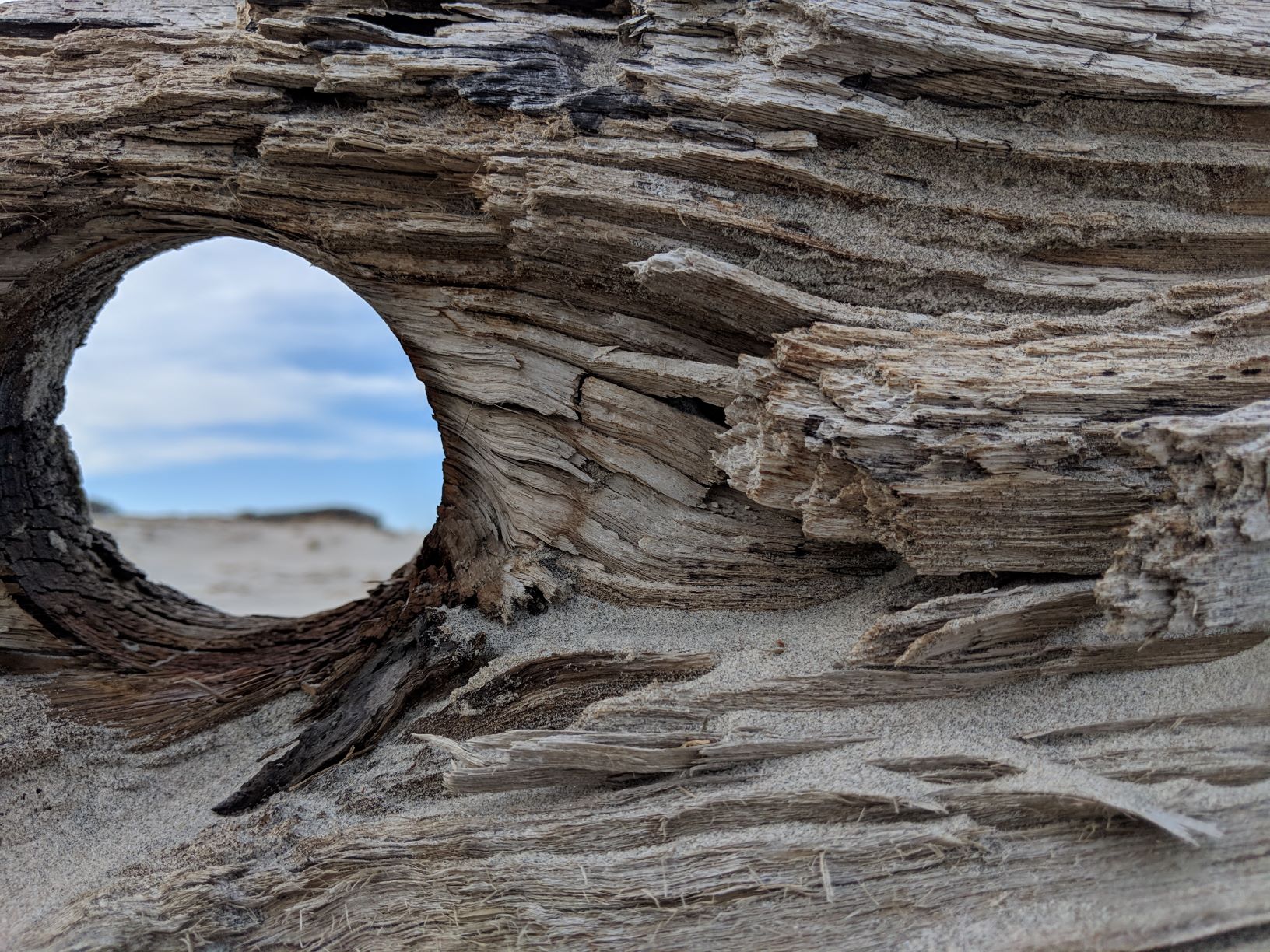
We had stumbled on a locals pub in Galway, away from the center of town, and we were still clumsily feeling our way in Ireland.
A waiter sensed our confusion, and took phenomenal care of us as we bumbled through the pub. A local pub has local people with local habits.
We wanted to tip, but did not know how much–people who work in pubs are not servants, and tipping in pubs is generally not done. So we asked, and she told us:
Nothing is enough.
And, of course, nothing is enough, and nothing is enough.
We need some things, true–decent food, clean water, safe shelter, and people we love. But most things we think we need are more than enough.
What we think we need defines who we are.
What we think we need separates humans from the other mammals.

It’s OK to want more than you need; most of us do, and our culture’s economy depends on you doing just that.
Beyond our basic needs, knowing nothing is enough will, depending on how you read it, make life wonderful or make you miserable.
Sometimes knowing nothing is enough is enough to give you the world.







